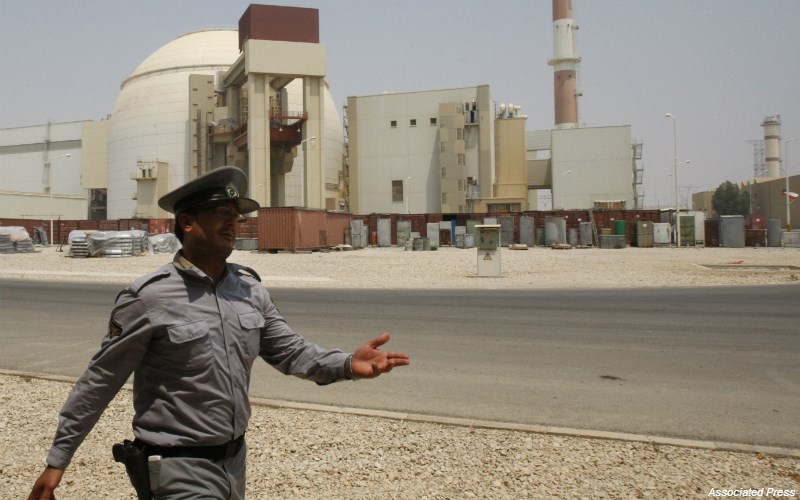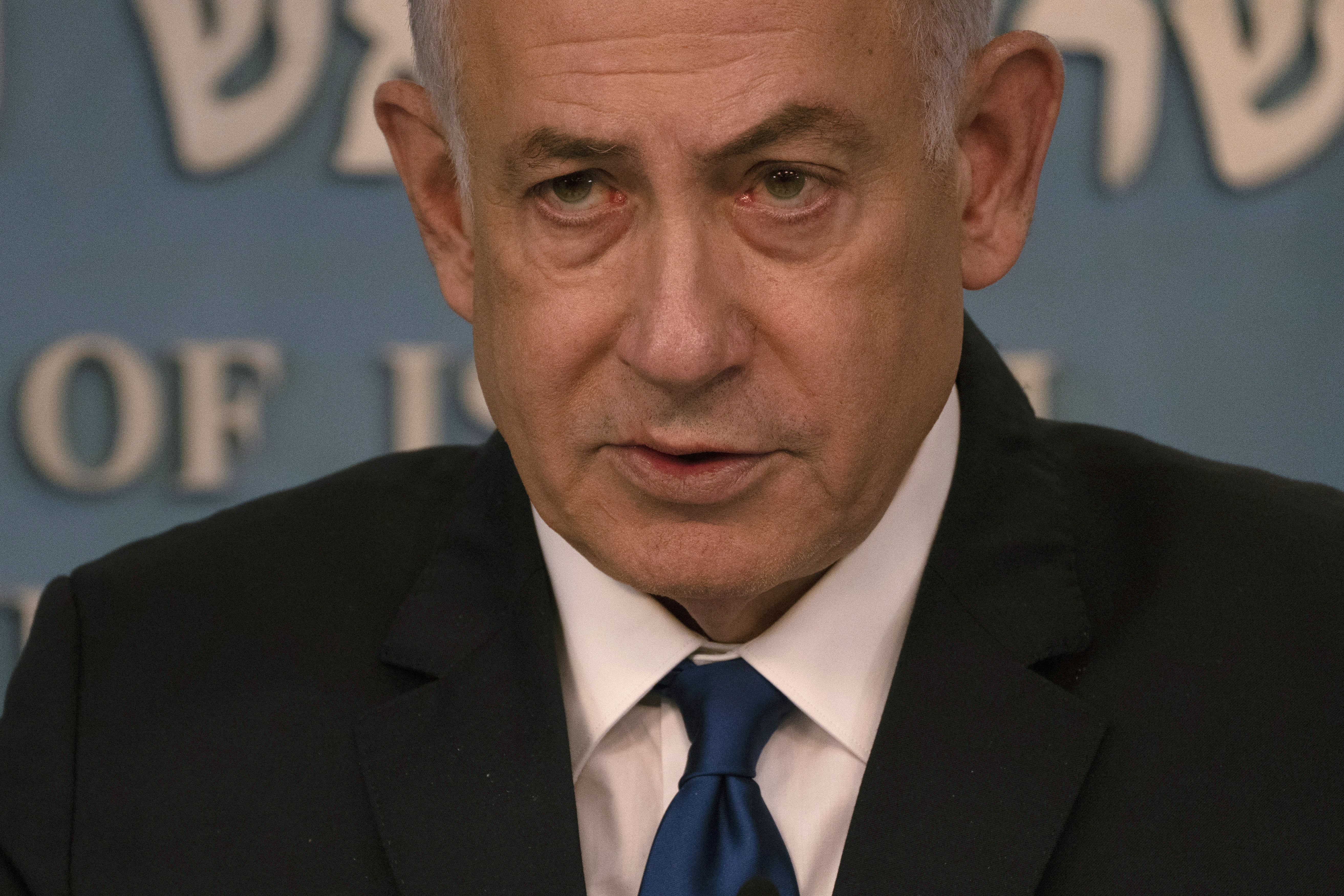Prime Minister Benjamin Netanyahu has already said his country will respond. The question is how.
"Will they hit Iran, how hard will they hit them, will they hit them in proportion to the attack that was launched against them or the effects of that attack, or will they go after one of their proxies?" Family Research Council president Tony Perkins asked on Washington Watch Monday.
Just as Iran's attack with massive numbers of projectiles, brightly lit in the dark of night, was considered to be part psychological, a move to intimidate Israeli civilians, Israel's response could be one of messaging.
"Will they go after Iraq and send a strong message? Because if they hit Iraq, it makes it very clear they could hit Iran as well – and it would send a message that 'you're next.' The question is when, how and to what degree?" Perkins told show host Jody Hice.
The head of a messianic Jewish ministry is also confident Israel will respond to the direct Iranian attack made on the Jewish state over the weekend.

"Their boldness is shocking," says Jan Markell, founder and director of Olive Tree Ministries, referring to Iran. "They sent almost 350 various kinds of flying weaponry at Israel, most of which never even entered [Israeli airspace] because it was all taken down. The Bible talks about Persia, but talks about it in the context of uniting with the power to the 'uttermost North,' which is probably Russia.
"So, I just think this is another wake-up call that things are either winding up or winding down, however you might look at it – and Israel is in the center of the storm. She's always in the center of the storm."
Israel, Markell tells AFN, is epicenter of all things end-times. "I just think we need to be paying attention – and she [Israel] will retaliate," the ministry leader assures. "These things are all happening because God is aligning everything so that the final events can fall into place. So, it's actually kind of an exciting time to be alive."
What about Iran's nuclear capabilities?
The irony here is that the Israeli response could be launched against Iran's nuclear facilities.
If so, there's irony in the idea that the Israelis could be doing a favor for the U.S. as President Joe Biden pushes policies of war pauses and Palestinian aid – aid that is known to fall into the hands of the enemy – while they work to eradicate Hamas.

According to Perkins, attacking nuclear sites wouldn't be a favor only for the U.S. "For Israel to go after the nuclear plan of Iran it would be doing a favor to the rest of the world if they did that at this moment," he said.
Former President Donald Trump withdrew the U.S. from the Iran nuclear deal engineered by his predecessor, Barack Obama. Trump called the agreement "rotten" amid other descriptive language.
The deal did not end Iran's nuclear ambitions but delayed them. Tehran was free to walk away in 2025 under what was referred to as "sunset" provisions.
Fox News cited a retired senior Pentagon expert who believed the deal left Iran capable of producing a working nuclear weapon in "roughly a year to 18 months" had it chosen to opt out in 2025.
The U.S. estimates that Iran could produce enough fissile material for a nuclear weapon in two weeks but would need additional months to produce a bomb, The Times of Israel reported in 2023.
Iran at that time had amassed enough uranium for five nuclear weapons, the news outlet reported.
Biden makes Israel weaker
Perkins said Biden's stance is one reason Israel is vulnerable to attack.
"Their security is intertwined with our support," he explained. "I was in Israel about three weeks ago, met with the Prime Minister, spent about an hour with him, and one of the things he made very clear was that they had to go into Rafah, and they had to eliminate Hamas. They can't fight to a draw, they can't walk away from it, because this would incite greater attacks from places like Iran.
"[Sunday] I was listening to a BBC report with a professor out of Tehran who was kind of mocking Israel and their inability to clean up the situation in Gaza, that they were at a standstill. Well, that's because the United States, the Biden administration, in many ways has tied their hands, and this has made them vulnerable to these greater attacks," Perkins said.







